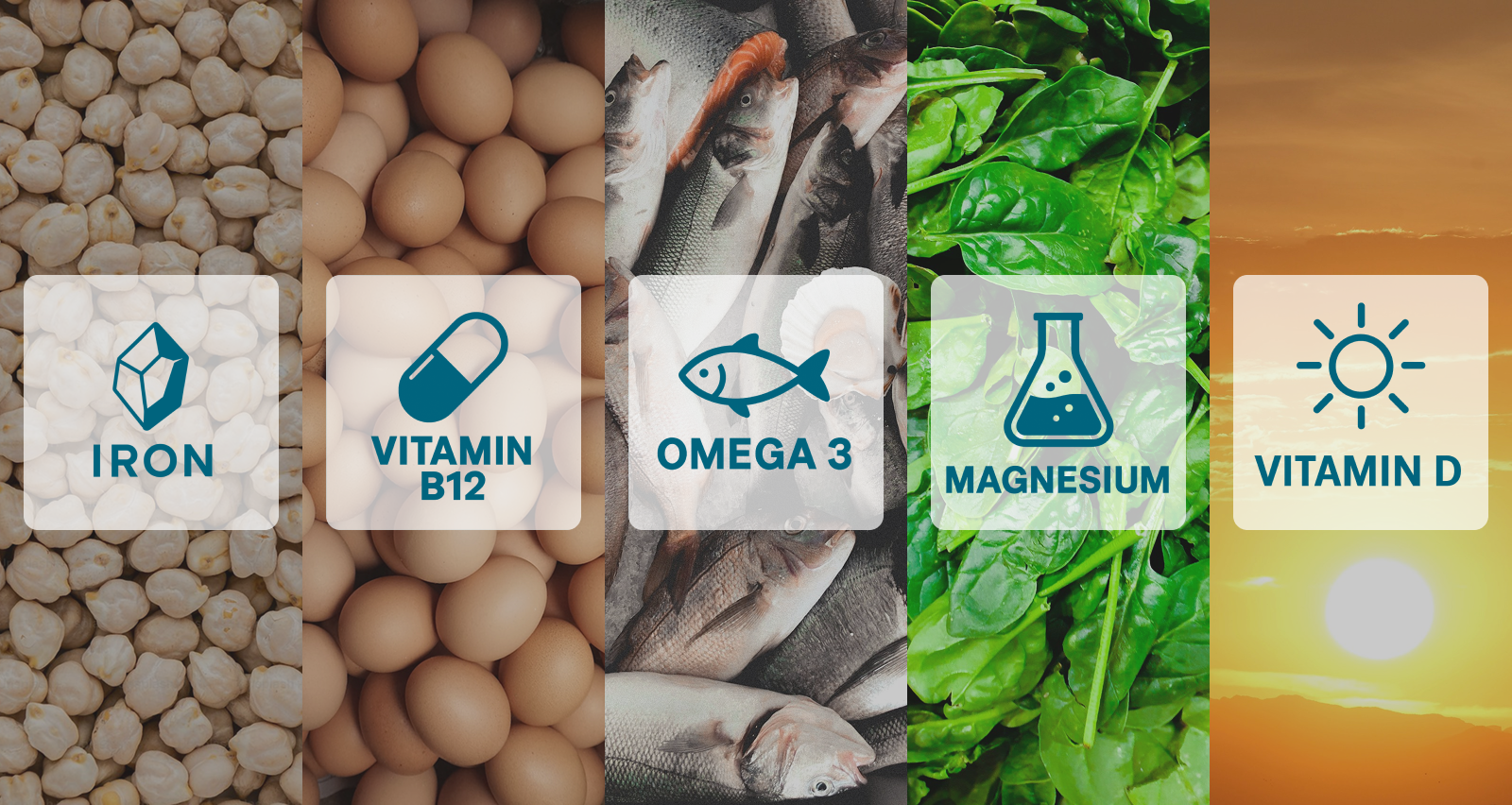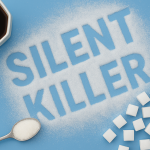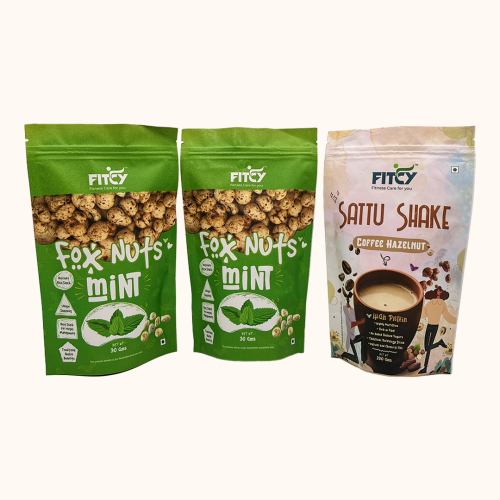Do you find yourself feeling constantly tired, mentally foggy, or unmotivated—even after a good night’s sleep? Persistent fatigue with no clear cause could be your body’s way of signaling a deficiency in key vitamins and nutrients.
Let’s take a closer look at five essential nutrients that play a major role in your energy levels and overall vitality.
Let’s take a closer look at five essential nutrients that play a major role in your energy levels and overall vitality.
1. Iron – The Oxygen Carrier
Why it matters:
Iron is a crucial mineral that helps produce hemoglobin, the protein in red blood cells responsible for carrying oxygen from your lungs to every part of your body.
Signs of deficiency:
- Constant fatigue or weakness
- Pale skin or cold hands and feet
- Dizziness and irritability
- Shortness of breath
Top food sources:
- Chickpeas, lentils, kidney beans
- Black raisins and dates
- Spinach, broccoli, tofu
- Fortified cereals
📝 Tip: Pair iron-rich foods with vitamin C (like citrus or tomatoes) to boost absorption.
2. Vitamin B-12 – The Energy Converter
Why it matters:
Vitamin B-12 is essential for converting the food you eat into usable energy, and also plays a key role in maintaining nerve health and DNA production.
Signs of deficiency:
- Low energy or mental fog
- Tingling or numbness in hands and feet
- Digestive issues
- Mood swings or irritability
Top food sources:
- Animal-based foods like meat, eggs, dairy, and fish
- Fortified plant-based milks and cereals (for vegans/vegetarians)
📝 Vegans should consider a B-12 supplement or fortified foods, as plant sources alone often fall short.
3. Omega-3 Fatty Acids – The Brain and Mood Stabilizer
Why it matters:
Omega-3s are healthy fats that reduce inflammation, support heart health, and enhance brain function.
Signs of deficiency:
- Brain fog or forgetfulness
- Dry skin and brittle nails
- Low mood or symptoms of depression
- Joint discomfort
Top food sources:
- Fatty fish like salmon, sardines, and mackerel
- Chia seeds, flaxseeds, and walnuts
- Algal oil (vegan Omega-3 option)
📝 Aim for at least two servings of fatty fish per week or include plant-based sources daily.
4. Magnesium – The Relaxation Mineral
Why it matters:
Magnesium supports over 300 biochemical reactions in your body—including muscle and nerve function, blood pressure regulation, and energy production.
Signs of deficiency:
- Muscle cramps or twitching
- Insomnia or restless sleep
- Anxiety and fatigue
- Headaches or brain fog
Top food sources:
- Leafy greens like spinach and kale
- Almonds, pumpkin seeds, and cashews
- Whole grains like quinoa and brown rice
📝 Magnesium also plays a calming role, helping with stress and sleep quality—so don’t underestimate it!
5. Vitamin D – The Immunity and Bone Booster
Why it matters:
Known as the “sunshine vitamin,” Vitamin D is key to maintaining strong bones, supporting the immune system, and regulating mood.
Signs of deficiency:
- Frequent illness or infections
- Bone or muscle pain
- Fatigue or low mood
- Hair thinning
Top sources:
- Safe sun exposure (10–20 minutes a day)
- Fatty fish like salmon and tuna
- Fortified milk, plant milks, and cereals
📝 If you’re indoors most of the day or live in a colder climate, consider getting your vitamin D levels checked.
The Bottom Line: Don’t Ignore the Signs
If you’re constantly feeling tired for no clear reason, it might not just be “life” or “stress”—it could be a signal from your body that it needs better fuel. Addressing nutritional gaps by incorporating these essential vitamins and minerals into your daily meals can make a real difference in your energy, focus, and mood.
Remember: Food is fuel, but only if it’s the right kind.









